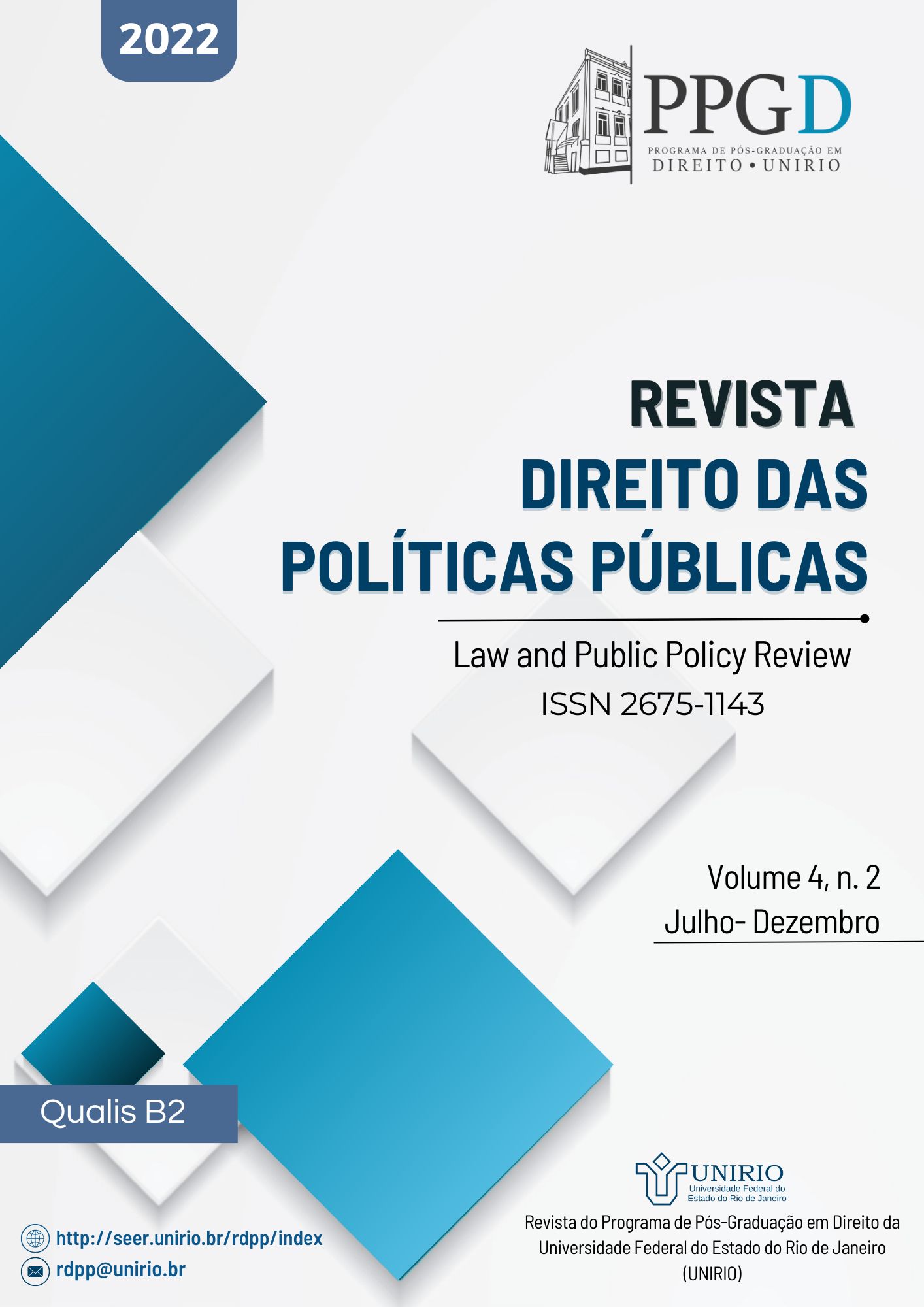IMPACTS OF ARTIFICIAL INTELLIGENCE ON WORK OF AN INTELLECTUAL NATURE AND THE NEED FOR REGULATION OF THE FUNDAMENTAL RIGHT OF WORKER PROTECTION IN THE FACE OF AUTOMATION
Keywords:
Artificial intelligence, Work of an intellectual nature, Job market, Protection in the face of automation, Federal Constitution of 1988Abstract
The present work consists of a critical analysis of the advancement of the use of artificial intelligence, mainly in the field of intellectual work, and the problem of the lack of regulation of the constitutional standard for the protection of workers in the face of automation. This analysis was based on qualitative research carried out through a bibliographical, legislative, and jurisprudential review on the topic and context of labor relations in Brazil and around the world. It is concluded that the regulation of the matter is essential to guarantee adaptation and mitigate the impacts suffered by workers.
Downloads
References
BARROS, Alice Monteiro de. TRABALHADORES INTELECTUAIS. Revista do Tribunal Regional do Trabalho 3ª Região, Belo Horizonte, v. 39, p. 147-165, jan./jun. 2004.
BERWICK, Isabel; SMITH, Sophia. Will AI replace human workers? Financial Times, 14 dez. 2022. Disponível em: https://www.ft.com/content/24f07261-f95d-4bb3-8aa4-3799f1f75e52. Acesso em: 20 dez. 2022.
BRASIL. Constituição da República Federativa do Brasil de 1988. Brasília, 5 de outubro de 1988. Disponível em: https://www.planalto.gov.br/ccivil_03/constituicao/constituicao.htm. Acesso em: 29 nov. 2022.
BRASIL. Supremo Tribunal Federal. Ação Direta de Inconstitucionalidade por Omissão (ADO) nº 73, Rel. Min. Luís Roberto Barroso, Tribunal Pleno, julgamento pendente.
CARVALHO, André Carlos Ponce de Leon Ferreira de. Inteligência Artificial: riscos, benefícios e uso responsável. Revista Estudos Avançados, São Paulo, v. 35, ed. 101, p. 21-35, 30 abr. 2021. Disponível em: https://www.revistas.usp.br/eav/article/view/185020/171202. Acesso em: 30 nov. 2022.
CLARICE.AI. Home Page. Disponível em: https://clarice.ai/. Acesso em: 2 dez. 2022.
DAVENPORT, Thomas H.; MITTAL, Nitin. How Generative AI Is Changing Creative Work. Harvard Business Review, 14 nov. 2022. Disponível em: https://hbr.org/2022/11/how-generative-ai-is-changing-creative-work. Acesso em: 20 dez. 2022.
FILHO, Wagson Lindolfo José. A EFICÁCIA DO DIREITO FUNDAMENTAL DA PROTEÇÃO EM FACE DA AUTOMAÇÃO PREVISTO NO INCISO XXVII, DO ART. 7°, DA CONSTITUIÇÃO FEDERAL DE 1988. Revista do Tribunal Regional do Trabalho da 18ª Região, Goiânia, ano 12, v. 12, p. 77-89, 2012.
MCCARTHY, John. What is artificial intelligence? Stanford University: Stanford. 12 nov. 2007. Disponível em: http://www-formal.stanford.edu/jmc/whatisai/node1.html. Acesso em: 29 nov. 2022.
MENDES, Gilmar Ferreira; BRANCO, Paulo Gustavo Gonet. Curso de Direito Constitucional. 17ª. ed. São Paulo: SaraivaJur, 2022. ISBN 978-65-5362-132-9.
OPEN AI. Dall-E 2. Disponível em: https://openai.com/dall-e-2. Acesso em: 15. dez. 2022.
PAIM, Paulo. Projeto de Lei n. 4.035/2019. Regulamenta o inciso XXVII do artigo 7º, da Constituição Federal, para dispor sobre a proteção dos trabalhadores em face de processo de automação. Brasília: Senado Federal, 11/07/2019. Disponível em: https://www25.senado.leg.br/web/atividade/materias/-/materia/137793. Acesso em: 30 nov. 2022.
ROSS INTELLIGENCE. Rossintelligence.com. A Visual Guide to AI. [S. l.]. Disponível em: https://www.rossintelligence.com/what-is-ai. Acesso em: 2 dez. 2022.
SUPREMO TRIBUNAL FEDERAL. PGR aponta omissão do Legislativo em regulamentar proteção de trabalhadores frente à automação. Portal do STF. Brasília: STF. 15 jul. 2022. Disponível em: https://portal.stf.jus.br/noticias/verNoticiaDetalhe.asp?idConteudo=490582&ori=1. Acesso em: 30 nov. 2022.





